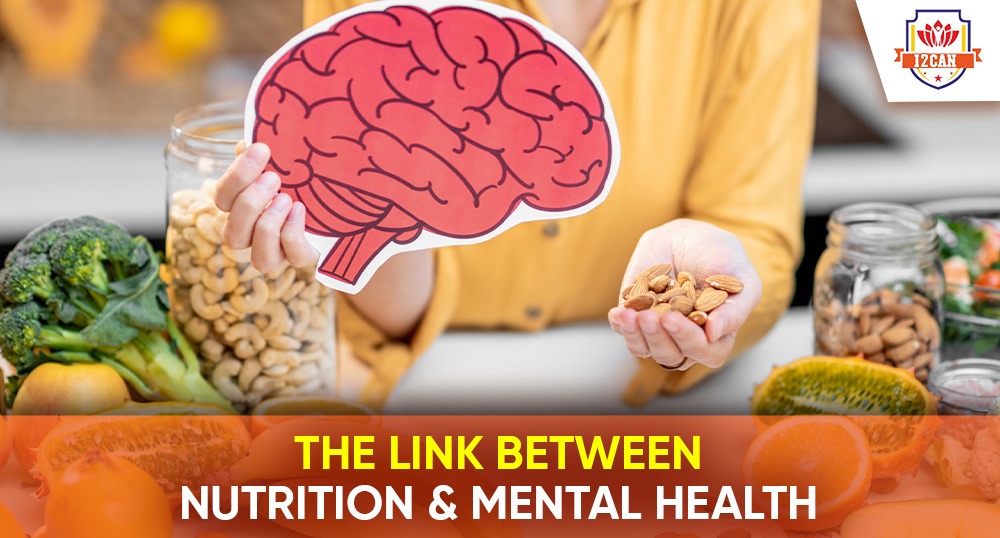In recent years, there has been a growing recognition of the link between nutrition and mental health. Nutrition psychiatry is a relatively new field that focuses on the relationship between diet and mental health, and how diet and nutrition can be used to promote mental well-being and treat mental health conditions.
Research has shown that poor nutrition can contribute to the development of mental health disorders such as depression, anxiety, and schizophrenia. Conversely, a diet that is rich in nutrients such as omega-3 fatty acids, B vitamins, and antioxidants has been shown to have a positive impact on mental health.
One reason for this is that the brain is a metabolically active organ that requires a steady supply of nutrients to function properly. When we don’t get the nutrients we need, it can affect brain chemistry and lead to changes in mood, behavior, and cognitive function.
For example, studies have shown that people who consume a diet that is high in processed foods, sugar, and saturated fats are more likely to experience symptoms of depression and anxiety than those who eat a diet that is rich in fruits, vegetables, whole grains, and lean proteins.
Nutrition psychiatry takes a holistic approach to mental health by addressing the underlying causes of mental health conditions, rather than just treating the symptoms. This often involves making dietary changes and incorporating nutritional supplements into treatment plans.
One example of a nutritional supplement that is effective in treating depression is omega-3 fatty acids. Omega-3s are essential fatty acids that play a key role in brain function, and studies have shown that people who consume a diet that is high in omega-3s are less likely to experience symptoms of depression.
Other nutrients that have been shown to have a positive impact on mental health include B vitamins, which are important for brain function and mood regulation, and antioxidants, which help protect the brain from damage and inflammation.
In addition to incorporating nutrient-rich foods and supplements into treatment plans, nutrition psychiatrists may also work with patients to identify and address food sensitivities or allergies that may be contributing to their symptoms.
Overall, nutrition psychiatry offers a promising approach to mental health treatment that takes into account the complex relationship between diet and mental well-being. By focusing on the underlying causes of mental health conditions and incorporating dietary changes into treatment plans, nutrition psychiatrists are helping to improve the lives of people with mental health disorders.


